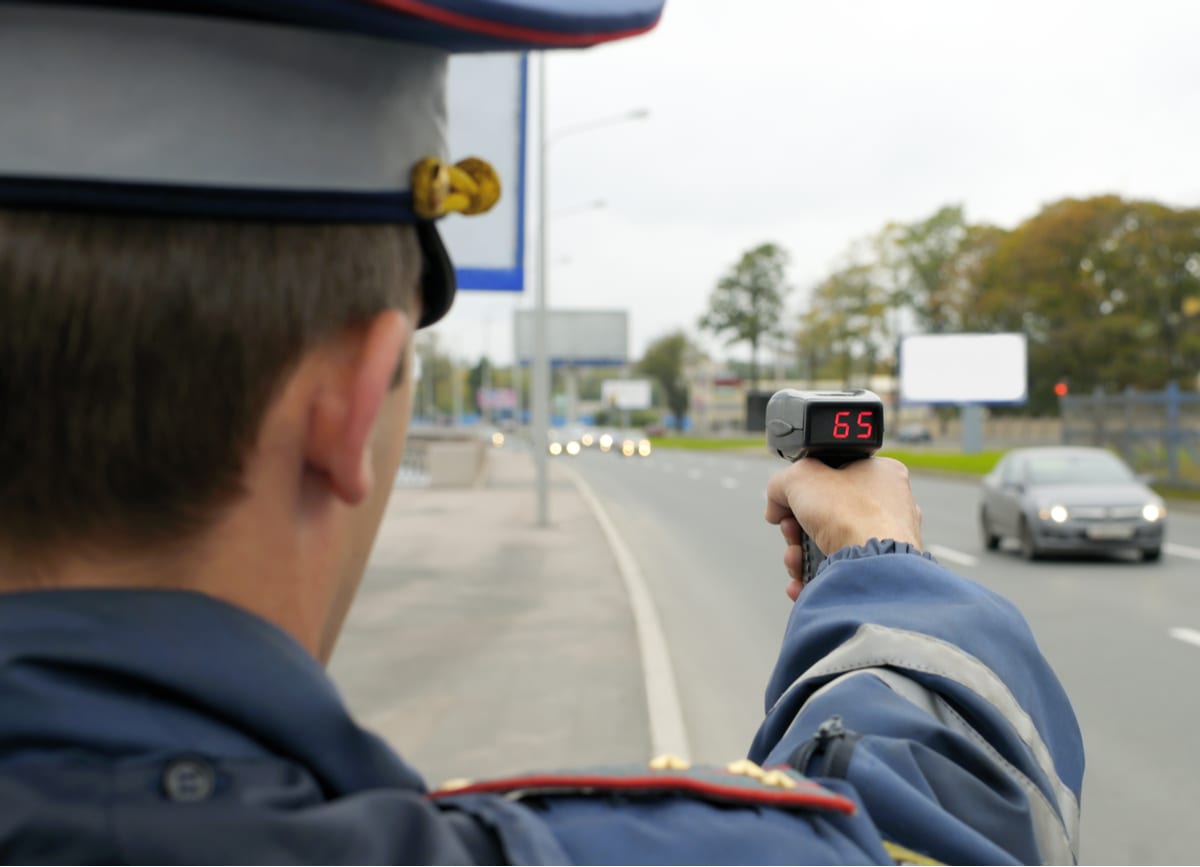Speed Traps to Look Out for in Maryland

At one point or another, many of us have zipped right into a trap set up by law enforcement. Excessive speeding is one of the top traffic offenses in the country that motorists get fined for. Speed traps are common in the U.S., and they’re a significant source of revenue for a lot of cities. In Baltimore, many drivers have become accustomed to spotting speed cameras near schools. Other traps involve law enforcement officers teaming up to catch drivers who are unaware that the speed limit has changed.
Speed traps are everywhere, and new ones sprout up all the time. If you’ve received a speeding ticket in Baltimore or a nearby town, contest the ticket with the help of an excessive speeding lawyer.
What Counts as a “Speed Trap?”
Motorists tend to call ploys by law enforcement to reduce instances of speeding a “speed trap.” Thus, speed traps consist of a range of strategies officers rely on to enforce speed limits and other road rules. In general, drivers refer to unpredictable or surprising tactics as “traps” because they failed to recognize the potential to receive a citation at the particular location where police pulled them over and issued a ticket.
Examples of Possible Speed Traps Near Baltimore
Most speed traps are rather basic and can be remembered by the driver the next time they’re in the area; however, some police officers can be particularly deceptive in their approach to nabbing those with lead feet.
A common speed trap involves a coordinated team of police officers that may be done with just two officers. One officer spots a driver who may be traveling too fast and alerts his partner, who is further down the road (and might be hiding behind a tree). The partner is tasked with pulling you over to issue you a speeding ticket. The second officer may or may not have a radar gun to detect your speed, which might seem unfair.
Another type of trap involves a member of the state highway patrol sitting in the median of a section of highway with multiple posted speed limits. If you’re not careful to adjust your speed quickly, you could fall victim to one of these traps.
Are Speed Traps a Form of Entrapment?
A speed trap can feel like the most unfair way to be cited for a traffic offense, and many people wonder, “How is this legal?”
Regardless of the method employed to catch drivers, speed traps provoke feelings of alarm and later, betrayment. An otherwise safe driver traveling a few miles over the limit may not realize he is doing anything wrong. Suddenly, red and blue lights appear in his rearview mirror. The driver’s disposition can flip like a switch from content to panicked as he wonders what he did to become a target. He might also not know where the officer came from.
Although these traps are a major inconvenience, the tactics police officers use to curb speeding throughout Maryland are mostly legal and are not considered entrapment. “Entrapment” refers to situations in which a police officer encourages a suspect to break the law so that the officer can arrest the suspect. In motor vehicle cases, entrapment would occur when an officer encourages a driver to break a traffic law. Police officers who are out of sight just before they pull you over do not commit entrapment unless they encourage you to speed.
How a Baltimore Excessive Speeding Lawyer Can Help You
A speeding ticket might not seem like a serious concern, but it can add points against your license, which can ultimately add up and lead to a license suspension. The best thing you can do to protect your license is to talk with a traffic lawyer who serves Baltimore and surrounding areas to fight your traffic ticket.
An excessive speeding attorney like Hillel Traub can help you avoid license points and keep you from paying fines to the state. If your speeding ticket states that you were driving 10 or more miles per hour over the posted limit, you risk a substantial fine and multiple license points. Do not hesitate to acquire professional counsel.
Hillel Traub of The Law Office of Hillel Traub has spent more than 20 years defending drivers facing traffic charges. As a former Attorney General for the MVA, Hillel’s insight into the organization’s functions can be an advantage in your case. Call (410) 580-1100 for a free consultation or complete our contact form.